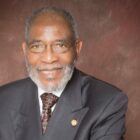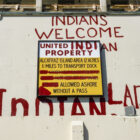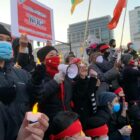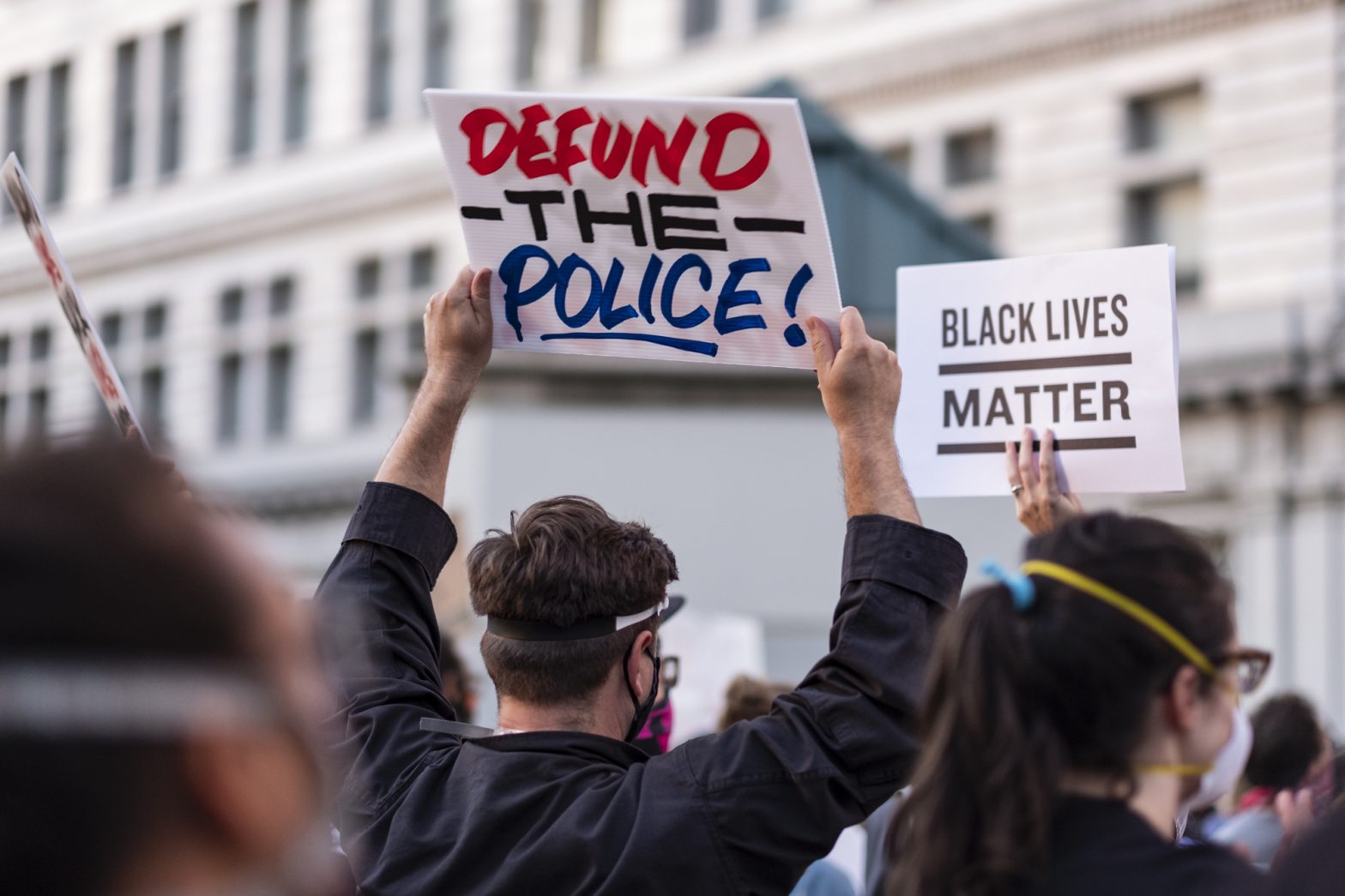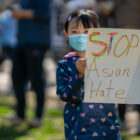Peer-Run Center Empowers Young People Affected by Poverty, Violence, Incarceration
In the streets, in jails and other detention facilities and at its program sites around the Bay Area, the Young Women’s Freedom Center provides resources and support to girls, women and transgender and gender non-conforming people. It also provides training, internships, fellowships and jobs that pay to help people affected by poverty, exploitation and violence develop their voices.


